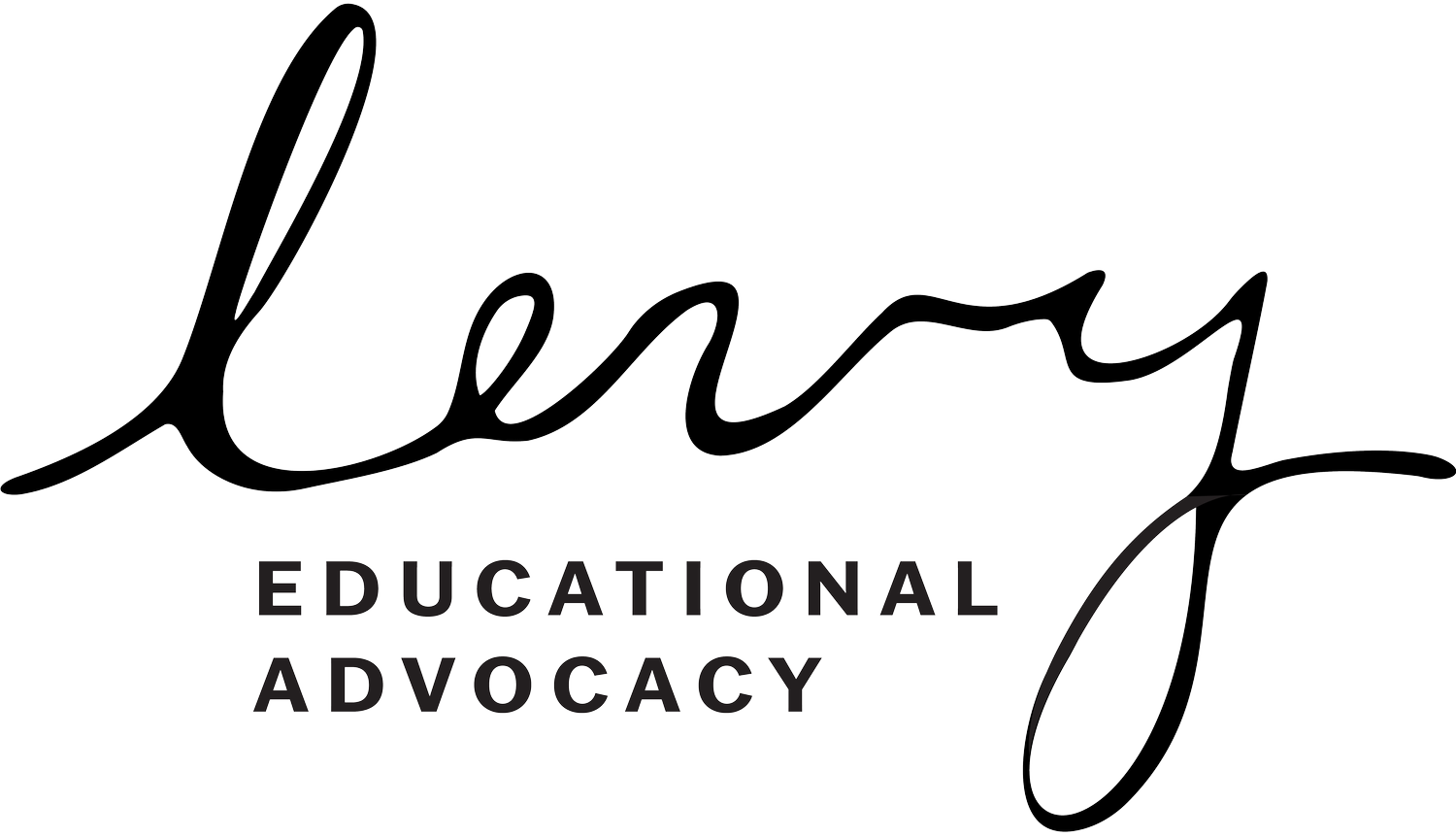Tools & Resources to Support Children with Disabilities, Sensitivities, and Learning Differences
At Levy Educational Advocacy, we know that supporting children with diverse needs requires compassion, creativity, and the right tools. Parents, caregivers, and educators often tell us they’re looking for simple, effective strategies to help children feel calmer, more focused, and more confident. Sometimes, the right sensory item, book, or educational support tool can make all the difference in a child’s daily experience.
We’ve compiled a list of highly recommended resources to support children and young adults with disabilities, sensitivities, or unique learning styles. These tools can provide comfort, build skills, and give families new ways to navigate challenges together.
Sensory Items That Make a Difference
For children with sensory sensitivities or regulation challenges, having the right tools can provide calm and focus throughout the day.
Sensory Stickers – Great for kids who need tactile input at their fingertips.
Chew Necklaces: Option 1 | Option 2 – Safe alternatives for oral sensory needs.
Chew Sticks and Chewy Strings – Flexible tools for self-regulation.
Sensory Brushes – A calming tool often used in occupational therapy.
Therapy Putty and Discovery Putty – Fun ways to strengthen fine motor skills while relieving stress.
Kick Bands for Chair Legs – Perfect for wiggly students who need to move while learning.
Wiggle Wedge and Sensory Foot Cushion – Subtle movement tools for classrooms.
Sensory Stones – Designed for children with ADHD and autism to provide grounding input.
Wiggle Stool – Encourages active sitting and focus.
Inflatable Sensory Chair – A cozy, regulating space.
Weighted Blanket or Weighted Vests: Option 1 | Option 2 – Provide deep pressure for calming comfort.
Time Timer – Visual countdowns help with transitions.
Slant Board for Writing – Supports posture and handwriting.
Pencils with Fidgets – Writing plus sensory support.
Balance Board and Peanut Ball – Encourage movement and coordination.
Books That Build Understanding
Books open doors—for children, teens, parents, and educators. They can help kids see themselves in stories, provide language to understand emotions, and offer strategies to handle challenges.
For Kids
Anxiety & worries: You’ve Got Dragons, Wemberly Worried, What To Do When You Worry Too Much
OCD & repetitive thoughts: What To Do When Your Brain Gets Stuck
Impulsivity: Impulsive Ninja
SleepStruggless: What To Do When You Dread Your Bed
Anger & big feelings: What To Do When Your Temper Flares
Separation Anxiety: What To Do When You Don’t Want To Be Apart
Social Anxiety: What To Do When You Feel Too Shy
And more: What To Do When It’s Not Fair, What To Do When The News Scares You
Learning Differences
Dyslexia: Overcoming Dyslexia, The Dyslexic Advantage
Stories with characters who learn differently: Fish in a Tree, Hank Zipzer series, My Name is Brain, Rain Reign, Brilliant Bea, and more.
ADHD
ADHD 2.0 by Ned Hallowell
Oppositional Defiant Disorder
The Explosive Child by Ross Greene
For Teens & Parents
The Emotional Lives of Teens by Lisa Damour
Good Inside by Dr. Becky Kennedy
Special Education & Executive Functioning
Wright’s Law – Essential guide to special education law.
Gifts and Classroom-Friendly Toys
Sometimes small tools bring big comfort, especially when disguised as toys. These are wonderful options for home, school, or gifts.
Fidgets – Pocket-sized calm. Additional options are here, here, and here.
Sensory Tube – A visual and auditory regulation tool.
Tangle – Twist, move, repeat.
Desk Dividers – Helpful for focus and minimizing distractions.
Liquid Motion Timers — These “oil-and-water” visual timers are calming.
Every child deserves the chance to learn, grow, and thrive in an environment that meets their unique needs. Whether it’s a simple sensory tool, a weighted blanket, or a story that helps them see their experiences reflected in the pages, these resources can support children and their families in powerful ways.
At Levy Educational Advocacy, we believe in empowering parents and caregivers with the tools, knowledge, and community they need. We hope this list provides a starting point for building your child’s toolbox of comfort and success.
